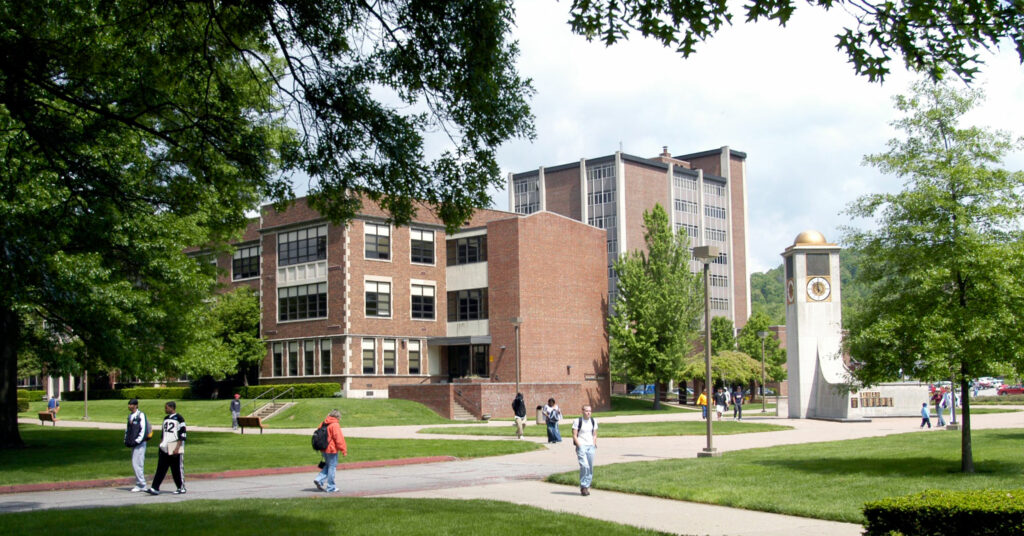West Virginia State University (WVSU) has received $1,138,825 in grants from the United States Department of Agriculture (USDA) for three research and extension projects. The funding is part of the USDA National Institute of Food and Agriculture’s (NIFA) Capacity Building Grants Program for 1890 Land-grant Institutions. WVSU is one of 19 such institutions in the nation.
“We at West Virginia State University appreciate USDA NIFA’s ongoing commitment to supporting the important work of the nation’s 1890 Land-grant universities,” said Dr. José Ulises Toledo, WVSU’s vice president for Research and Public Service. “With this funding, we will be able to expand our research and extension initiatives in water quality, agriculture and urban forestry. The funded projects will have direct impacts on the people of West Virginia, from consumers to agricultural producers.”
The funded projects include two research and one extension initiative. An award of $300,000 was given to expand research on the effects that storm events have on water quality, greenhouse gas emissions and microbiome processes in the Kanawha River watershed.
Another research project, awarded $599,679, aims to enhance resiliency and marketing opportunities for watermelon growers in West Virginia and the United States by launching appropriate grafting technologies to optimize returns on investment and address stress factors in watermelon crops. The goal is to understand how grafting technology can result in stronger, more disease-resistant crop options for growers.
The West Virginia Tree Minders extension program received $239,146, which will be used to provide technical assistance to communities in the form of digital tree inventories, data hosting, workshops and online hosting of virtual program modules.
USDA NIFA funded 58 projects totaling over $21.8 million during this cycle of capacity-building grants, designed to build capacity for teaching, research and extension activities at eligible institutions.
“Our 1890 Land-grant Universities are an integral part of our nation’s fabric,” Agriculture Secretary Tom Vilsack said in a statement. “As USDA continues to work tirelessly to advance equity and provide greater access to nutritious and safe food for all Americans, especially to historically disadvantaged groups, this investment will strengthen the ability of our Land-grant Institutions to deliver innovative solutions that address emerging agricultural challenges impacting diverse communities. We are pleased to be able to build the research and training capacity of these critical institutions as they develop the next generation of leaders in agriculture.”
